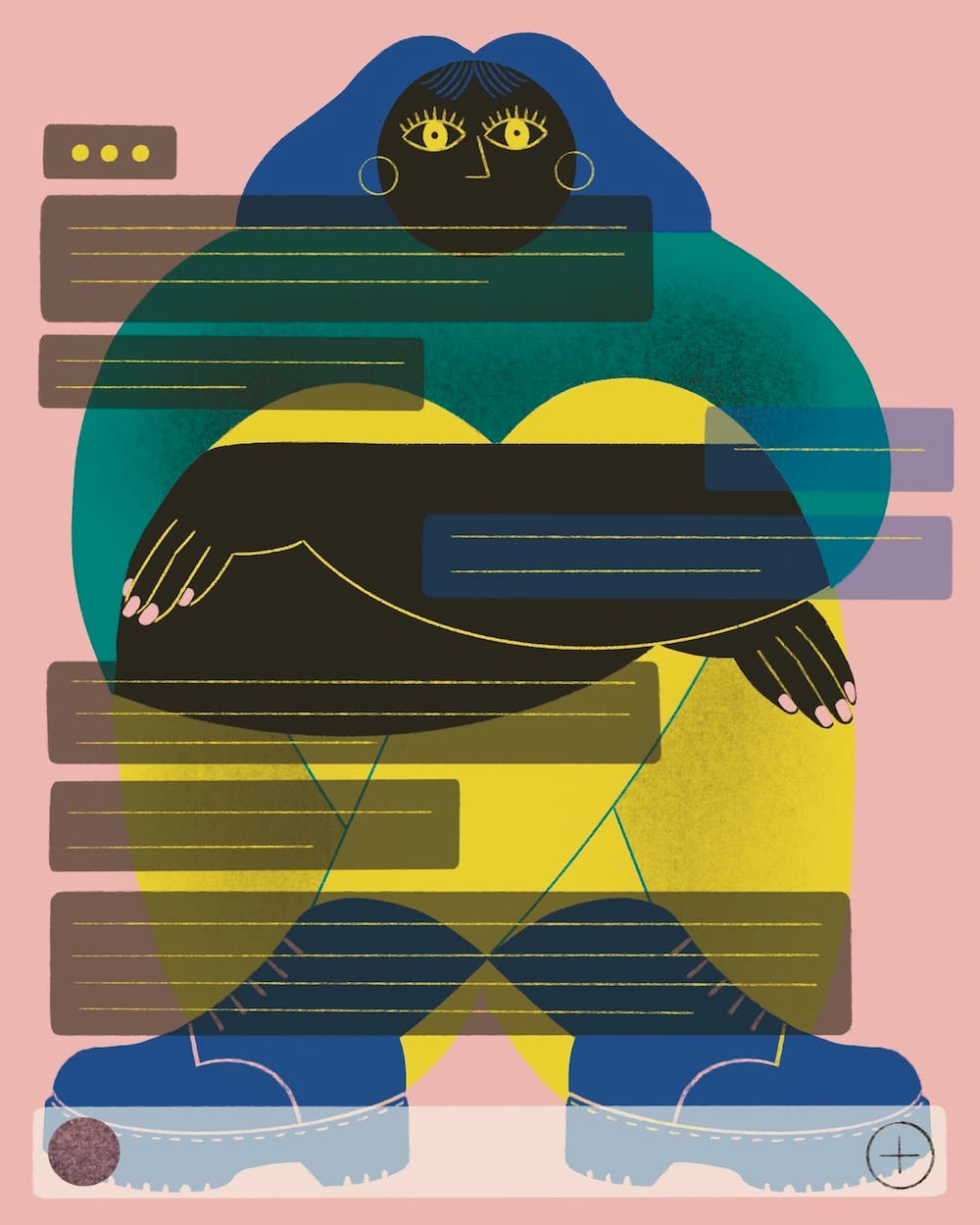Do Australia's Efforts to Protect Kids Online Go Far Enough?
Is passing an imperfect law really worse than not doing anything at all?

On Feb. 20, 2007, Carly Ryan, a 15-year-old girl from the southern Australian town of Stirling, was brutally killed by Garry Francis Newman, a 50-year-old serial pedophile.
After Carly’s death, an investigation revealed the grim series of events that had led to her murder. Newman met Carly online, where he’d assumed the fake persona of an 18-year-old boy living in Melbourne, an apparently beguiling Texas-born musician, named Brandon Kane.
Over the next 18 months, Newman, posing as Brandon, groomed Carly over the internet, talking to her in chat rooms and later on the phone. At one point, he pretended to be Brandon’s father, and met Carly’s family in person. During that visit, he tried to seduce Carly. She rejected his advances, infuriating him, but remained oblivious to the fact that Brandon was entirely made up. Carly still agreed to meet Brandon.
According to Carly’s mother Sonya Ryan, Carly really felt she loved “Brandon.” But that evening in February 2007, when Carly thought she was going to meet her “dream boyfriend,” the real-life Newman smothered and drowned the teenager off a nearby beach. Her body was found the next morning.
A week and a half after Carly’s death, police raided Newman’s home and found him online, this time chatting to a girl from Perth. His diaries revealed he had 200 fictitious internet identities, created with the specific goal of meeting and having sex with young girls. Newman was eventually sentenced to a minimum of 29 years in jail.





